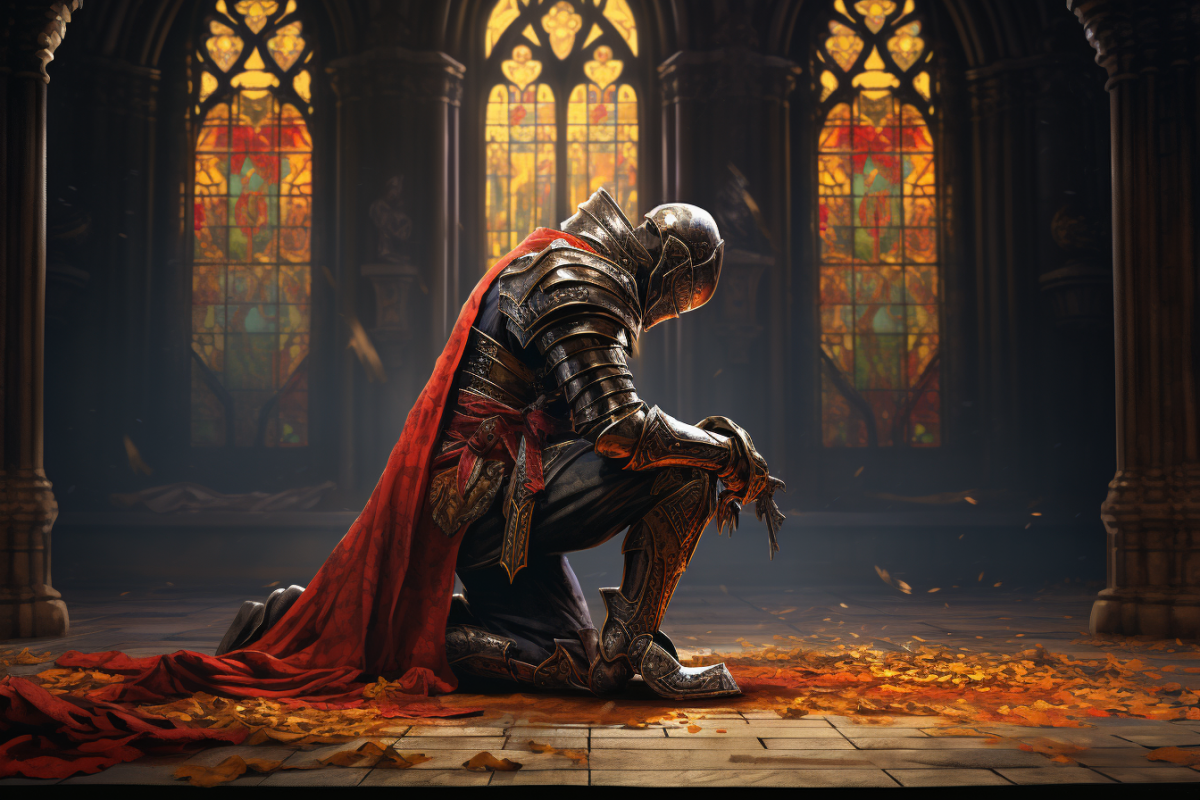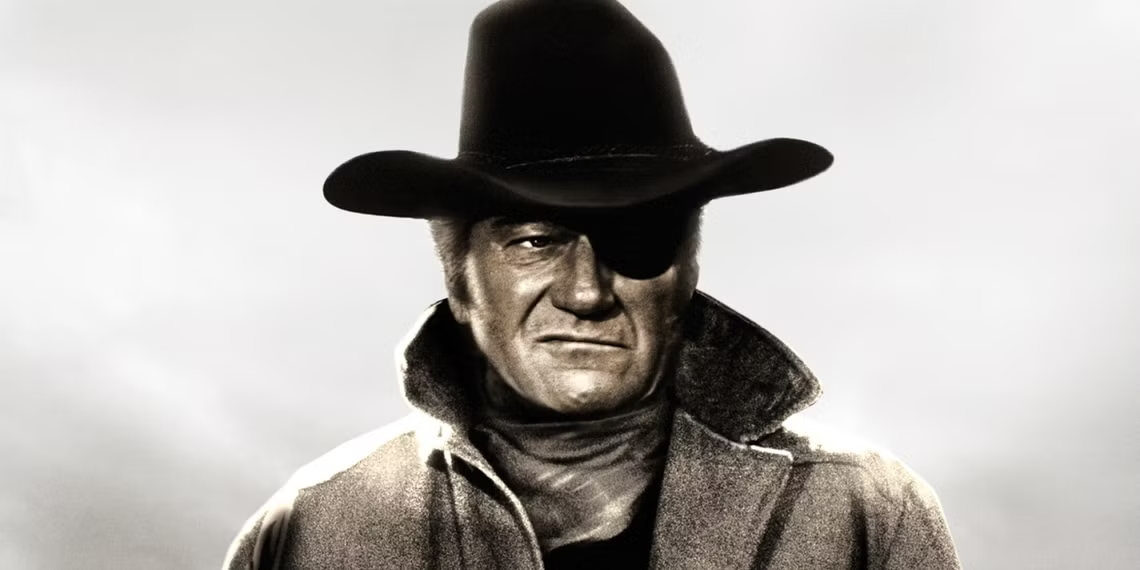Chivalry Is Not Dead: Shaping Young Men’s Moral Compass
In a rapidly evolving world where traditional values sometimes seem overshadowed, the concept of chivalry stands as a timeless beacon, guiding young men on a journey of moral development. Often misconstrued as a bygone notion, chivalry remains relevant and, in fact, crucial in shaping the moral compass of the modern man. Beyond mere acts of politeness, chivalry embodies a set of virtues that instill a sense of honor, respect, and responsibility in young men, molding them into individuals who contribute positively to society.
The Pillars of Chivalry:
- Respect for Others: Chivalry emphasizes the innate value of every individual. Teaching young men to treat others with respect fosters empathy and understanding, laying the foundation for healthy relationships and community engagement.
- Courage and Integrity: Chivalrous values inspire courage in the face of adversity and a commitment to integrity. Encouraging young men to stand up for what is right, even when it’s challenging, builds character and fortitude.
- Responsibility and Accountability: Chivalry instills a sense of responsibility, not only for oneself but also for the well-being of others. Young men guided by chivalrous principles understand the importance of accountability for their actions.
- Kindness and Generosity: Acts of kindness and generosity are at the core of chivalry. Teaching young men the significance of giving without expecting in return fosters a spirit of altruism and compassion.
Navigating a Changing World:
In a society where definitions of masculinity are evolving, chivalry provides a compass for young men to navigate the complexities of modern life. Rather than constraining them, chivalry empowers them to embrace qualities that are both timeless and adaptable. It encourages the understanding that strength can coexist with tenderness, and assertiveness with empathy.
Building Lasting Relationships:
Chivalry is not about grand gestures but about the consistency of small, meaningful actions. Encouraging young men to practice chivalry in their interactions with others lays the groundwork for the development of strong, respectful, and lasting relationships. It fosters an environment where trust and camaraderie flourish, contributing to the building of a supportive community.
Chivalry in the Professional Realm:
Beyond personal relationships, chivalry extends its influence into the professional realm. Young men guided by chivalrous principles approach their careers with a sense of duty, fairness, and collaboration. They understand that success is not only measured in personal achievements but also in the positive impact they have on those around them.
Championing Equality:
Chivalry, when rightly understood, champions the principles of equality and justice. It encourages young men to appreciate the strengths and perspectives of all individuals, irrespective of gender, race, or background. In doing so, it contributes to the creation of a more just and harmonious society.
Far from being an outdated concept, chivalry is a dynamic and essential force in shaping the moral compass of young men. It instills values that transcend time, guiding them towards a path of honor, respect, and responsibility. As we strive for progress and evolution, let us not forget the timeless wisdom embedded in the chivalrous code—a code that has the power to mold the character of young men and contribute to a brighter, more compassionate future.





